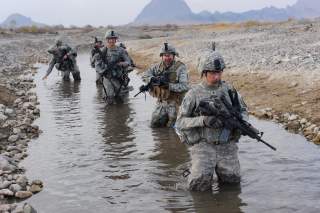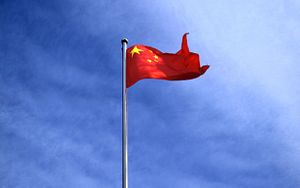Maj Gen P K Mallick, VSM (Retd), Consultant, VIF
Introduction
 Immediately after the first gulf war in the early 1990’s the theories of Revolution in Military Affairs (RMA) and Information Warfare were being studied all over the world as a new kind of warfare. During that time, a course on Information Warfare was conducted at the National Defense University of USA. The course participants were from senior officers of the armed forces, representatives of Department of Defence and Department of State and policy makers from the government. Rand Corporation of US was conducting this course.
Immediately after the first gulf war in the early 1990’s the theories of Revolution in Military Affairs (RMA) and Information Warfare were being studied all over the world as a new kind of warfare. During that time, a course on Information Warfare was conducted at the National Defense University of USA. The course participants were from senior officers of the armed forces, representatives of Department of Defence and Department of State and policy makers from the government. Rand Corporation of US was conducting this course.
At the end of the course a cyber war game was conducted. The following scenario was painted: .... Read More















/arc-anglerfish-arc2-prod-mco.s3.amazonaws.com/public/K6EPMWFDORC6FHFFLYSHHZ3XRI.net2414f7d86cb74b5eb01f4763b111a254635979665113267457)
/arc-anglerfish-arc2-prod-mco.s3.amazonaws.com/public/TS6LNZ65QFFZ7KVWYJAL26LG64.jpg)

